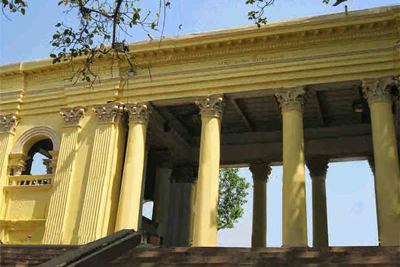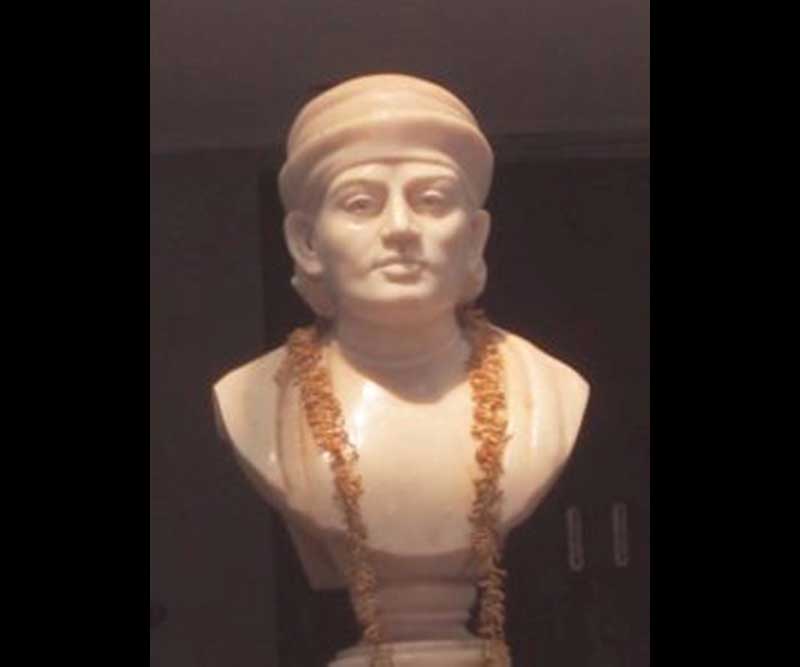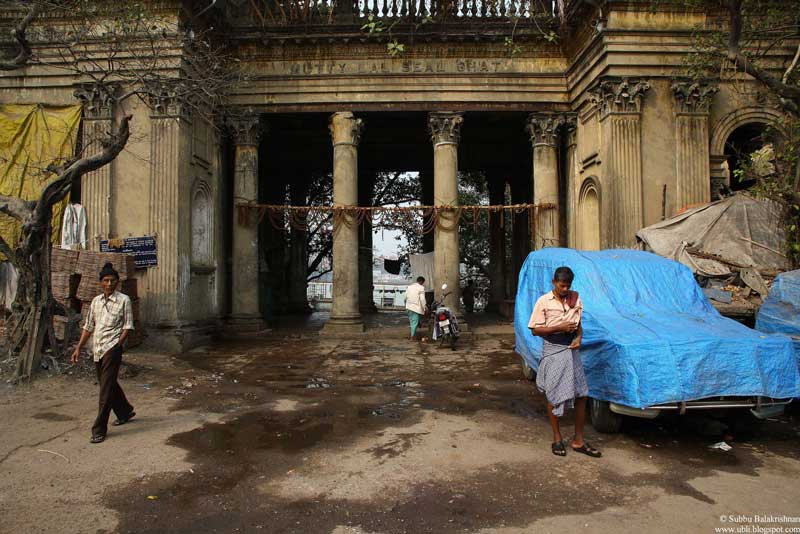
Born in Calcutta in a Bengali family around 1792, Motilal Seal, also spelt as Mutty Lall Seal was a self-made business magnet and a generous philanthropist in his days. Unfortunately, he lost his father at a very early age of five and his early education started in a primary school (pathsala) and passed out from Baboo Nityananda Sen's High School.
He started his business career by supplying bottles and corks to some Mr Hudson, one of the most massive importers of beer in those days. He also worked as a clerk in different offices and for some days worked as a custom inspector of Balikhal. From time to time different European commercial establishments also hired him for his sound efficiency to judge the standard of exportable items, like rice, Sugar, indigo, silk and others. He was the founder of the first indigo mart, Moore, Hickey & Co and later became a landed property speculator. He was also the first to use steamships for internal trade in Calcutta and amassed around thirteen trade ships, including a steam tug named 'Banian'. In fact, he earned a fortune in his diversified business career and accumulated as much wealth as Prince Dwarkanath Tagore.

Motilal Seal was a kind hearted, generous man and by nature a philanthropist. To promote and provide western education to his countryman and to make them proficient in English and make them conversant to communicate freely with the Europeans, he founded the Mutty Lall Seal’s College (later renamed as Mutty Lall Seal's Free School and College) on 1 March 1842, at his Colootola residence.
For the construction of the Medical College in Calcutta, he donated an extensive tract of land to the then British Government and also gave them twelve thousand rupees to start the preliminary work. As the Government recognised his generosity by naming a male medical ward in his honour, he subsequently donated another one hundred thousand (100,000) rupees to them, for the construction a separate building within the campus, as the maternity ward of the Medical College, which started functioning in 1832. Though a hard core conservative, he supported Raja Rammohan Roy’s fight for women’s education, remarriage of widows and banning the ‘sati’ system. He also founded a home for the homeless in Belgharia in 1841.


In the mid-nineteenth century, Motilal Seal constructed a bathing ghat on the bank of the Hoogly River. The imposing building of the Ghat, named after him, was constructed in Classical style with four tall Corinthian columns to support the parapet. Unfortunately, today it is difficult to find a direct approach to the beautiful edifice, as it is illegally encroached and surrounded by mostly makeshift stalls and warehouses. Though recently the pavilion of the Ghat has got a new coat of paint, it has become a den of the beggars, drug addicts and the anti socials.
